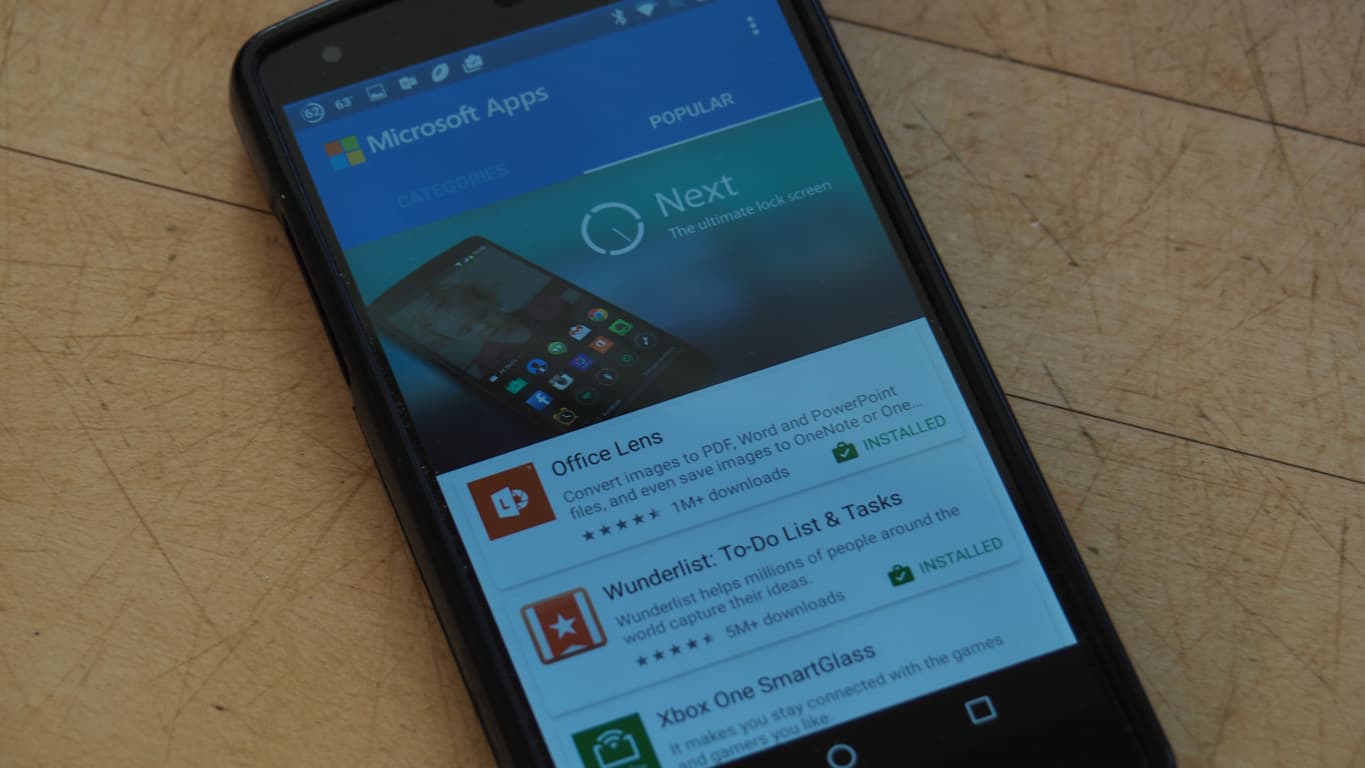 \n
\n
Rather than fighting Google’s dominant smartphone operating system head-on through boorish litigation and patent disputes, Microsoft appears to be adopting a subtler end-around to taking on the Android platform.
\n
Utilizing strategic agreements with 31 global and local OEMs over the past couple of years, Microsoft has managed to get its crown jewels of productivity tools pre-installed on a fair share of industry-leading devices, most of which run the widely-adopted Android platform. Thanks in part to Microsoft’s companywide shift to partnering rather than attempting to dominate a category, it has seen its Microsoft Office, OneDrive, and Skype apps land on a healthy number of Android tablets and phones.
\n
As Microsoft continues to imbue the spirit of “cloud-first, mobile-first” productivity, the company has recently announced the expansion of its partnering deals. As of February 2016, Microsoft has managed to increase to “74 hardware partners in 25 countries” that are pre-installing the full suite of Office productivity tools on their upcoming Android tablets and phones.
\n
Microsoft’s corporate vice president of original equipment manufacturer division Nick Parker explains,
\n
Today I’m excited to announce that there are now 74 hardware partners in 25 countries who are making Microsoft productivity applications and services available on their Android tablets and phones. These partners offer or will soon offer Android devices pre-installed with Word, Excel, PowerPoint, Outlook, OneNote, OneDrive and Skype. Office and Microsoft services are available on a wide variety of Android devices today, such as the LG G Pad 2, Samsung Galaxy S6, Sony Xperia Z4 and many other tablets and phones offered by our partners. Specific offerings may vary by device.”
\n
As Windows tablets and phones continue to represent a little more than a rounding error in market share statistics, Microsoft’s recent pivot is refreshing, if not, expected. Being one the world’s largest software providers with a war chest of patents and licensing deals at its disposal, one wonders why the company took as long as it did to leverage the new agreements.
\n
Even with the backing of a large swath of Android manufacturers, Microsoft will need to continue to fight for relevancy in the mobile industry as platform lock-in becomes an everyday occurrence with new device buyers out of sheer convenience. Thankfully, Microsoft is positioning itself much closer to the home screen for users these days.
\n\nFurther reading: Android, legal, Microsoft, Office, Office Mobile, OneDrive, Skype